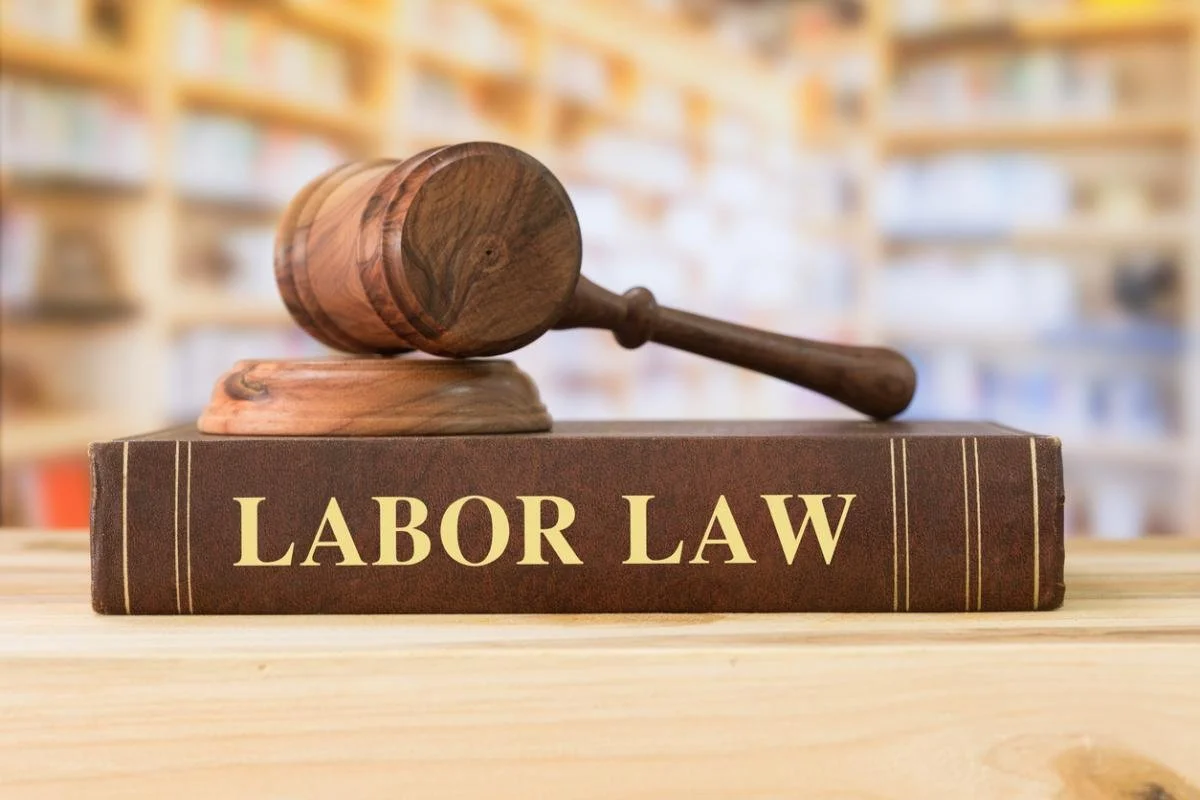Dat Dog Lawsuit Dares to Ask, "How Should Tips Be Divided?"
/A recent lawsuit filed by workers at Dat Dog questioning the legality of the restaurant owner’s tip-sharing practices joins a national debate about how gratuities should be shared among co-workers. Who actually owns the tip that a diner leaves behind?
Tip-sharing is a commonplace occurrence in the restaurant industry. Servers frequently share an agreed upon (or at least pre-defined) percentage of their tips at the end of their shift with other staff, i.e. bartenders, bussers, etc. Another method is pooling all tips and distributing the total tips received for the night amongst designated staff. The Dat Dog lawsuit, filed in U.S. District Court in New Orleans, was filed by employees prepared to challenge the tip-pooling system they are required to participate in at work.
The Dat Dog tip-sharing policy requires that bartenders’ tips be split with back-of-the-house employees, i.e. cooks, dishwashers, managers, etc. The suit claims this practice is actually illegal – a claim that Dat Dog rejects claiming that the hot dog industry is not your typical restaurant and that all employees are trained to perform all job functions and to chip in as necessary during their shifts as an equal team.
According to the federal Fair Labor Standards Act two-tier wage system, restaurants are legally allowed to pay tipped employees less than minimum wage as long as an employee brings in enough tips from customers to reach at least minimum wage. The law restricts tip-pooling to other, similarly tipped employees regularly interacting with customers. The law also bans mandated tip-sharing with back-of-house employees. Employers are required to pay kitchen staff, etc. at least the full minimum wage.
In the Dat Dog lawsuit, bartenders claim that the managers require them to share their tips with back-of-house employees which creates an illegal tip pool according to the federal Fair Labor Standards Act. The bartenders who filed suit, Zachary Henderson and Kaleigh Thomas, allege that the company deducts 5% of the shift’s gross sales (not including alcohol sales) from the bartenders’ wages. The company then shares that 5% with managers, cooks, dishwashers, etc., all of whom are already being paid $7.25/hour as required. According to the plaintiffs’ allegations, this practice is the equivalent of a forced wage deduction scheme and does not qualify as a legal tip pool.
In support of this theory, Henderson claims that when the required tip deduction amount increased from 3% to 5% in Spring 2017, the manager responded to his complaint by explaining that the back of house employees wanted a raise and they company didn’t have the budget to raise their hourly pay. This line of reasoning supports the theory that the company is taking money from the bartenders in order to fund higher pay for the back of house staff.
If you have questions about wage and hour law or if you feel you are being unfairly treated in the workplace, please get in touch with one of the experienced California employment law attorneys at Blumenthal Nordrehaug Bhowmik De Blouw LLP.




